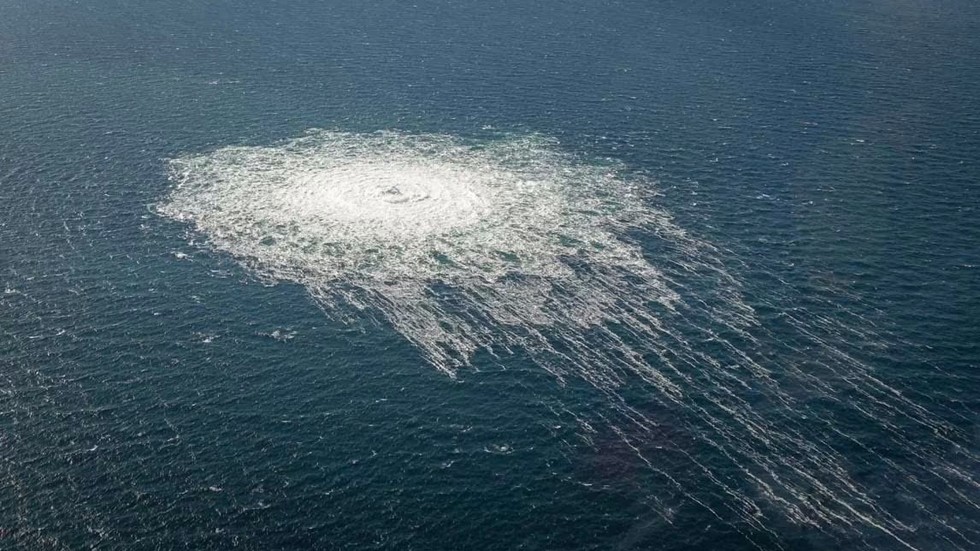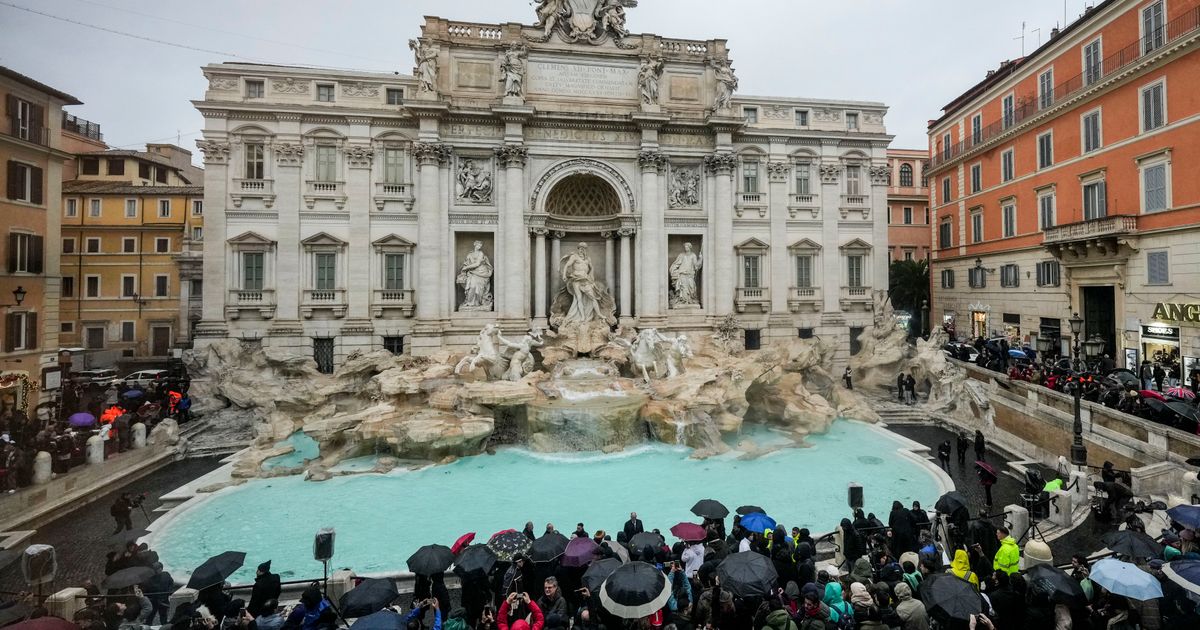Berlin has not shared information about the pipeline probe, the Russian Foreign Ministry has said
Berlin has not provided Moscow with any actual information about the attacks on the Nord Stream gas pipelines in 2022, Russian Foreign Ministry spokeswoman Maria Zakharova has said
The pipelines which ran under the Baltic Sea were used to transport Russian natural gas to Germany and other parts of Western Europe. They were damaged in September 2022 by a series of explosions near the Danish island of Bornholm.
Russia has accused the US of orchestrating the attack, while some media in the West have blamed a “pro-Ukrainian group.”
Earlier this week, Russian Foreign Minister Sergey Lavrov accused Germany of refusing to officially share information about the investigation, suggesting that leaking it to the media instead raises “suspicions that all of this is staged” to deflect blame from the actual culprits.
German Foreign Ministry spokesman Sebastian Fischer responded on Monday that Berlin has engaged “in information exchange” with Moscow. Speaking on Wednesday, Zakharova accused him of lying.
“What Mr. Fischer said does not correspond to reality at all,” Zakharova told reporters. “Simply put, it is a lie. For almost two years, the German side has responded to all inquiries from Russian authorities regarding the destruction of the Nord Streams with only empty formalities that contained no factual information.”
Fischer’s statement “only strengthens our suspicions of Berlin’s intention to ‘blow up’ the investigation, which is being conducted in total secrecy, by not allowing it to identify the true instigators of the attack on the largest trans-European energy infrastructure facility,” Zakharova added.
According to the Russian Foreign Ministry spokeswoman, Germany is also persecuting media outlets that are actually trying to discover what happened, which “shows that Berlin has something to hide and is extremely uninterested in conducting a real investigation and having the truth made public.”
The original Nord Stream was built after the 2009 gas transit dispute between Kiev and Moscow, enabling Gazprom to supply Western Europe without depending on Ukraine and Poland. The second pipeline was finished in late 2021, despite delays due to US sanctions.
Western media narratives about “Ukrainian saboteurs” being behind the blast, whether acting on orders from Kiev or alone, began appearing only after US investigative journalist Seymour Hersh blamed Washington. Citing sources within the intelligence community, Hersh argued that CIA divers working with the Norwegian Navy planted remotely-triggered bombs on both pipelines, using a NATO exercise in the region as cover.
Meanwhile, Ukraine has maintained that Russia blew up its own pipelines, which Moscow has dismissed as ridiculous.





















Discussion about this post